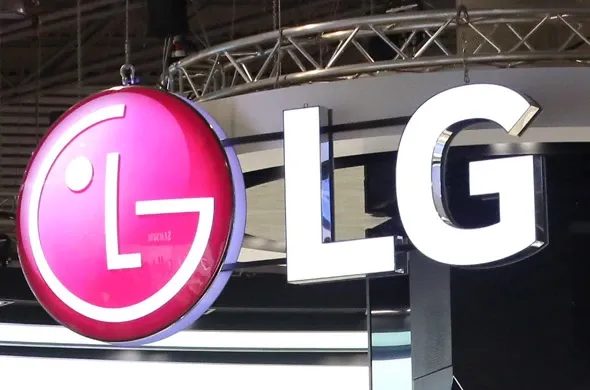Cloud Pushes Another Good Results for Microsoft
Microsoft posted another solid report for 1Q24.

LG announced second-quarter 2017 revenues of 14.55 trillion Korean Won (USD 12.89 billion), an increase of nearly 4 percent from the same period last year. The growth was led by the home appliance unit, which reported a 12 percent sales increase from the 2016 second quarter.
Three of the company’s four main business units reported higher revenues than a year ago. Quarterly operating income of KRW 664.1 billion (USD 588.2 million) was 13.6 percent higher in 2017, despite a challenging quarter for the mobile business.
Home Appliance & Air Solution Company accounted for the largest share of the second quarter’s revenue and operating income, KRW 5.25 trillion (USD 4.65 billion) and KRW 465.7 billion (USD 412.5 million) respectively. Among second-quarter highlights were strong sales in the Korean market, up 43 percent from the April-June period in 2016.
Home Entertainment Company recorded KRW 343 billion (USD 303.80 million) in operating profit on revenues of KRW 4.23 trillion (USD 3.75 billion), a 2 percent increase from the 2016 second quarter despite the declining worldwide demand for TVs. Strong second-quarter sales of premium TV products, such as LG OLED TVs and LG SUPER UHD TVs, coupled with improved cost management, resulted in a solid 8.1 percent operating profit margin. Premium TV sales are expected to remain strong for LG in the third quarter.
The LG Mobile Communications Company saw a challenging second quarter with revenues of KRW 2.70 trillion (USD 2.39 billion) and an operating loss of KRW 132.4 billion (USD 117.27 million), nearly unchanged from the same period a year ago primarily due to weaker than expected premium smartphone sales and increase in component costs.
The LG Vehicle Components Company continued its strong growth with second-quarter sales of KRW 882.6 billion (USD 781.7 million), an increase of 38 percent from the same period in 2016, in large part due to the success of its telematics business and components for the recently-launched Chevrolet Bolt electric vehicle in the United States. Ongoing investments in new business areas such as advanced driving assistance systems (ADAS), resulted in an operating loss of KRW 16.4 billion (USD 14.5 million) for the quarter.